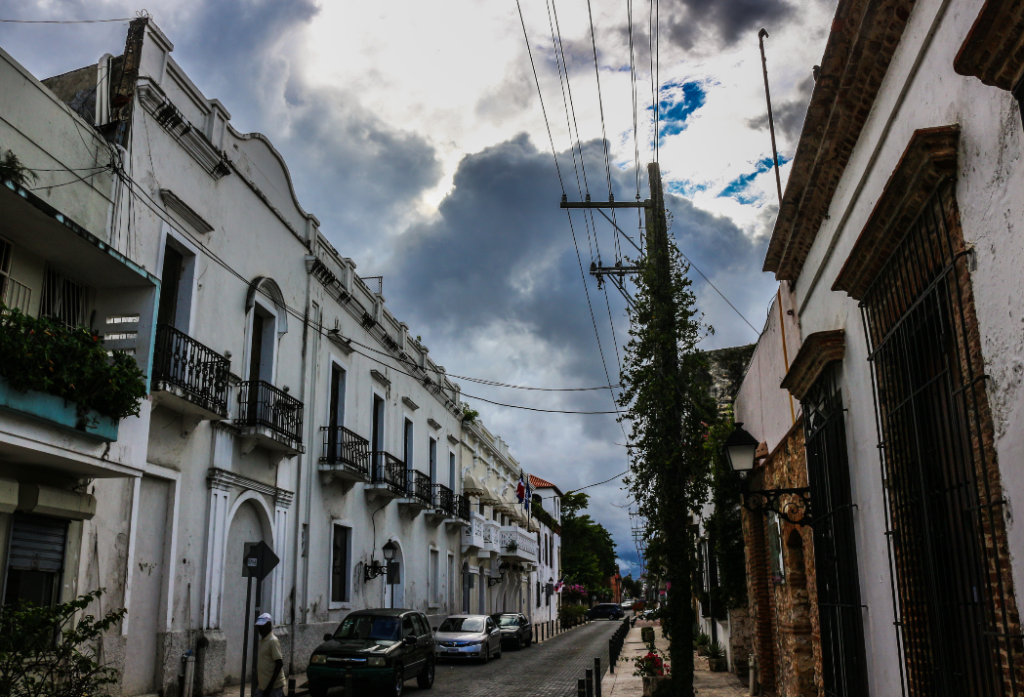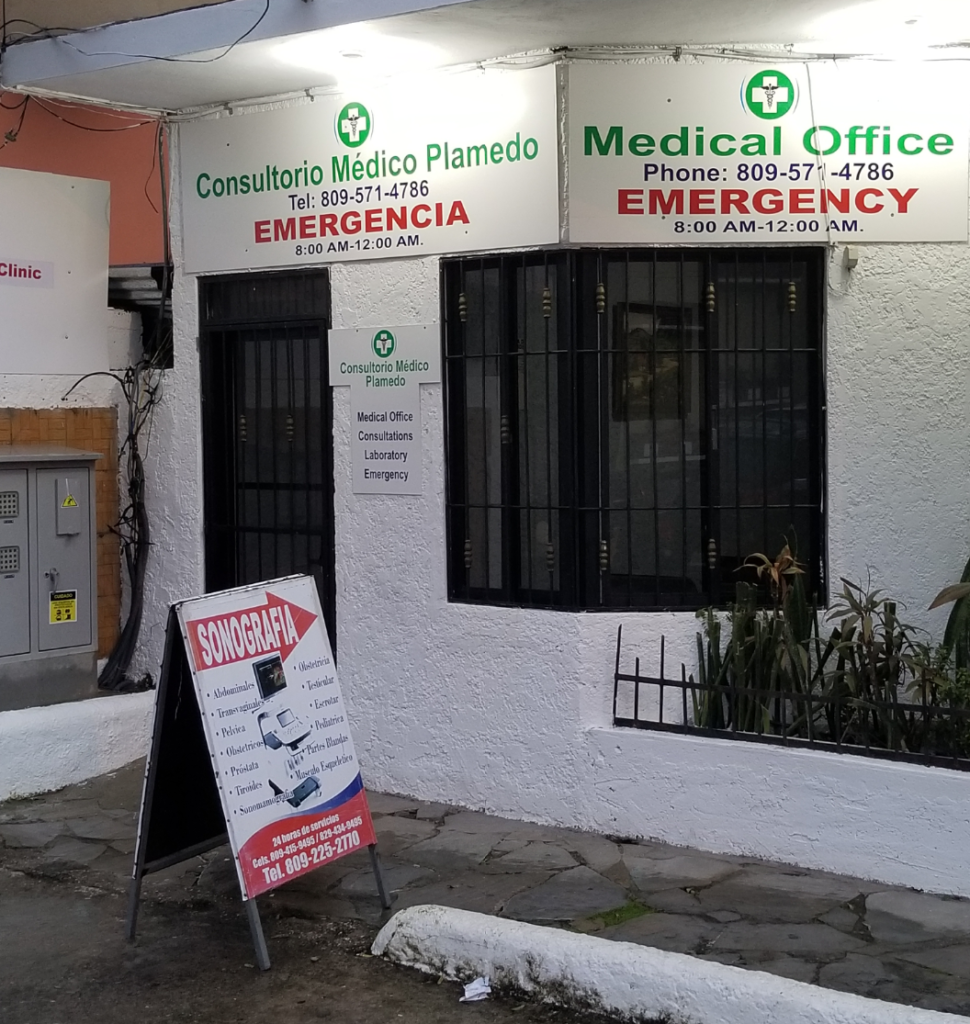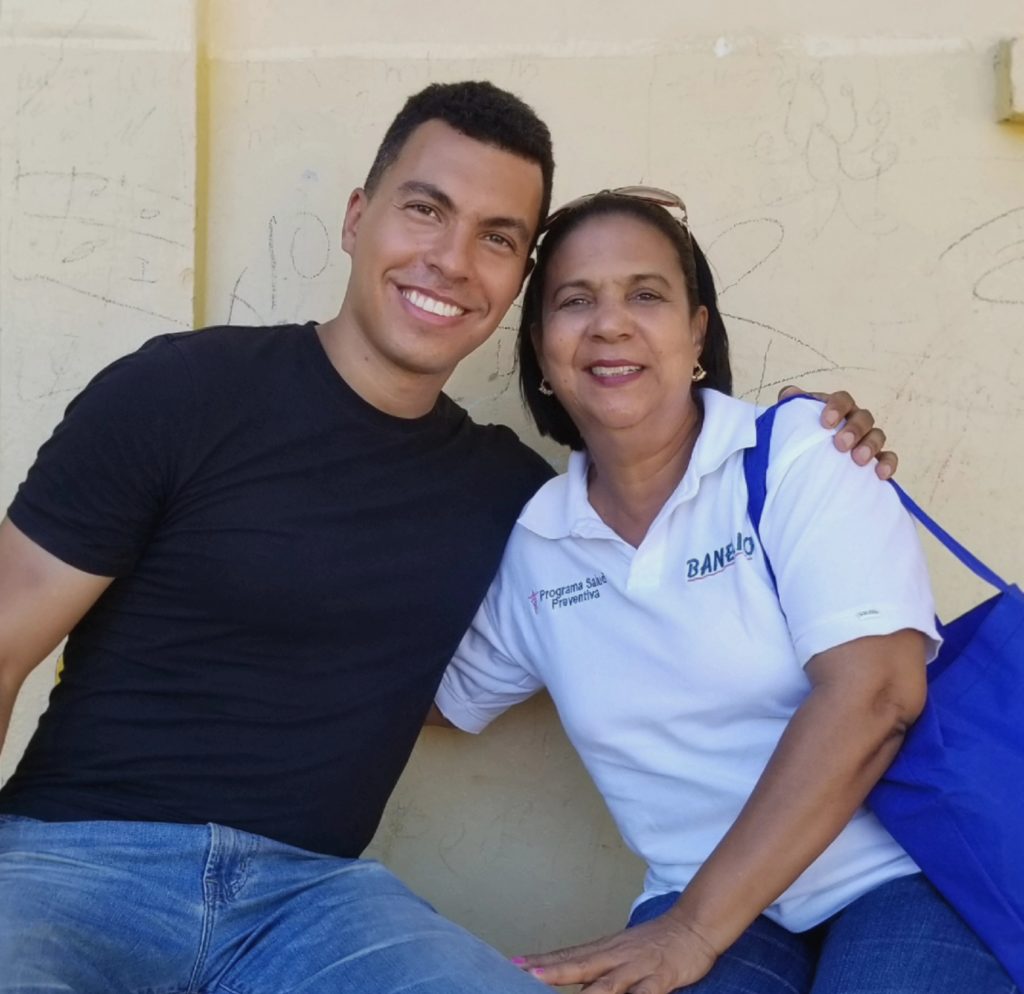Dominican Republic: How important is licencing for international medical volunteers?
January 25, 2018 |
First impressions of the Dominican Republic: the road from the airport is well paved, and the infrastructure very reasonable. This is my fourth time here, twice on brief medical brigades with The 53rd Week and Timmy Global Health.

A visitor might not assume the Dominican Republic to be the fourth most visited country by medical NGOs operating in Latin America (with 62 organizations listed in our directory). But Santo Domingo is the urban half of what are clearly two republics, one highly developed and Westernized. The other Dominican Republic is rural and impoverished. It is literally hiding in the palm trees and down the dirt roads leading from the main highway.
How these two extremes can exist in the same small country is a good question. It’s only 5 hours from the capital in the south, to Monte Cristi on the northern coast. There isn’t a lot of room to get lost.
I meet with Kristin in the capital. She organizes foreign brigades for Foundation for Peace, and has lived in the country for 13 years. Her perception as an expatriate is that the Dominican Republic is badly stretched in terms of both personnel and resources.
Most obviously neglected are the 2 million migrant Haitians spread across the country. They are mostly undocumented, and mainly work in small agricultural communities called bateys. These migrant communities exist on the fringes of Dominican society. On the other hand, no one has suggested building a wall.

Healthcare in the Dominican Republic
As in Peru, the quality of care available in the Dominican Republic varies immensely depending on one’s means. There are (at least) two tiers:
1. Government subsidized care for the poor. Like Peru, this means that while a physician will see you for free, everything beyond that comes at a price. From bedding to bandages, meals to medications, patients ultimately depend on their families for their well-being.
2. Private. What you want, when you want it. But it will cost you.
For employed Dominicans, some companies deduct an iguala from every paycheque, a contribution which gives their employees free access to a specific clinic (whose quality varies). Banana companies like Banelino provide healthcare for their batey workers as a prerequisite for their Fair Trade certification. These types of healthcare initiatives may partner with non-governmental organizations, which in many cases include international volunteers. Timmy Global Health is a good example – more on them later.
The role of volunteer medical brigades
Kristin tells me that volunteer brigades cannot – cannot – legally work in the Dominican Republic without a Dominican physician signing off on their charts. It’s a welcome step, and matches what I have already learned in Peru.
North American global health advocates are quick to point out that it would be clearly unacceptable for a foreign physician to arrive and dispense medical care to North Americans without very specific licencing. Does the same hold true south of the US border? The nuances become clearer when I reach Monte Cristi.

Days later, I am idle on the steps of a makeshift clinic in the tiny batey community of Isabel. Timmy Global Health’s reliable local physician, Dr. Garcia is following up with a handful of patients in an empty schoolroom. I discuss Dominican health with Maria, a nurse and health promotor working for Banelino. She likes the work that Timmy is doing.
Should visiting physicians be licenced in the host country?
But she is mystified by my question of whether visiting doctors should be certified in the Dominican Republic. “But they’re doctors. They’re certified in the US.”
This view is echoed by Dr. Garcia, who believes the government requirement is simply another layer of bureaucracy. Every year, Timmy Global Health duly completes and submits the forms required by the Ministry of Health. That they will be holding a brigade, that it will serve selected communities, and that American doctors will be attending. Timmy encloses the medical degrees of the North American volunteers.
The Ministry of Health has never followed up in nearly a decade of brigades. Nor have they shown interest in the comprehensive electronic medical records created during the brigades. Since there are no consequences for not following the Kafkaesque protocols, nor patient centred impact to doing so, there is a learned ambivalence to such things.
But when I ask Dr. Garcia directly if he believes that it is ultimately necessary to go through these motions, he says yes.
Next: onward, into Haiti
Register
Sign up for free to flag trips of interest and email organizations directly through our directory.
Comments
0 comments